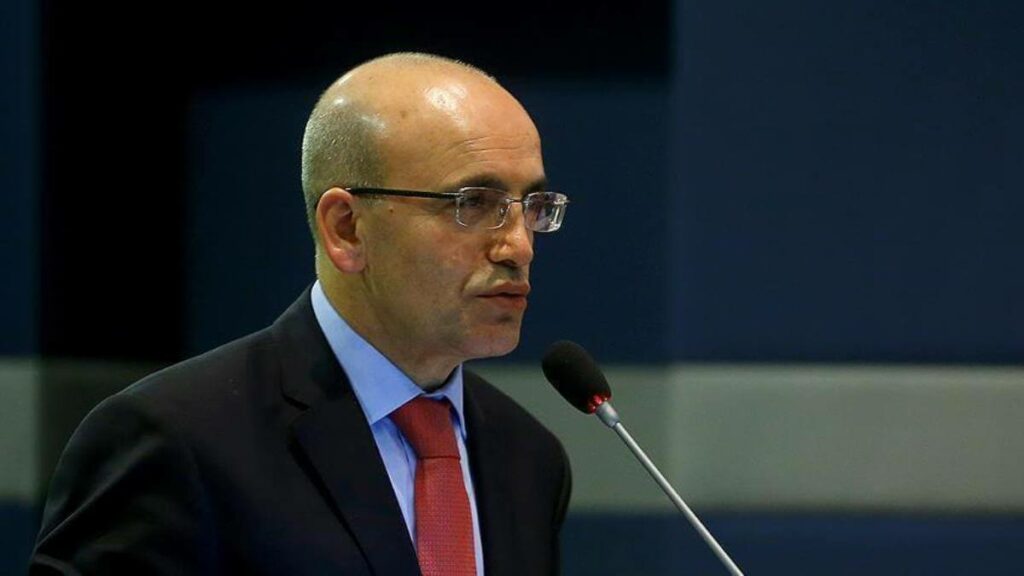Turkish Finance Minister Mehmet Şimşek gave an overview of his first year in office on Wednesday, expressing confidence in the government’s economy strategy despite the country struggling with high inflation and economic challenges.
“The program is working, but we still have a long way to go,” Şimşek said in a detailed tweet on X.
Şimşek outlined the government’s economic achievements and future goals, covering various aspects of Turkey’s fiscal policy and economic health. He emphasized the government’s commitment to reducing inflation to single digits through consistent policy enforcement, a task he described as difficult but achievable.
İlk yılın muhasebesi:
Program çalışıyor, politika önceliklerimizde kat ettiğimiz mesafe doğru yolda olduğumuzu gösteriyor.
*Mali disiplin* ✅
•Bütçe açığı yüksek ama deprem harcamaları hariç açığın milli gelire oranı 2023’te yüzde 1,6 gerçekleşti.•Harcama disiplini,… pic.twitter.com/BfWwW5Ovu2
— Mehmet Simsek (@memetsimsek) June 5, 2024
Şimşek noted that the budget deficit remains high and emphasized the importance of continued fiscal discipline with the aim of reducing the deficit to below 5 percent of GDP by 2024 and 3 percent by 2025.
The contribution of net external demand to growth turned positive after five quarters, indicating a rebalancing of growth fueled by robust domestic demand.
Şimşek reported a significant reduction in the annual current account deficit by $26 billion, attributing the improvement to structural reforms aimed at keeping a sustainable deficit below 2.5 percent of GDP.
The finance minister was pleased with the improved access to foreign capital, with banks and the real sector showing an increased ratio of external debt, which is a sign of growing confidence in the Turkish financial market.
The central bank’s reserves have increased significantly, by $44 billion to a total of $142 billion.
Şimşek also addressed the challenge of inflation, noting that the annual rate of inflation has peaked and that a significant and sustained decline is expected.
Despite this positive news, Turkey’s economy remains under strain. According to independent estimates, the current inflation rate is drastically higher than the official figures suggest. The discrepancy between official statistics and public perception continues to cause debate and mistrust among the population.
The Turkish Statistical Institute (TurkStat) released inflation statistics for May on Monday and said annual inflation for the month was 75.4 percent. However, calculations by an independent group of economists suggested that it was 120.7 percent in May on a year-on-year basis.
Turkey has been battling soaring consumer prices and a cost-of-living crisis that prompted President Recep Tayyip Erdoğan to drop his opposition to interest rate hikes to combat inflation.
The central bank began to raise its key rate in June 2023, gradually taking it from 8.5 percent to 50 percent.
Last month central bank governor Fatih Karahan raised the year-end inflation forecast to 38 percent, up from a previous estimate of 36 percent.
The cost-of-living crisis is cited as one of the reasons for the defeat of the ruling Justice and Development Party (AKP) in the local elections on March 31, coming in second for the first time since its establishment in 2002.

